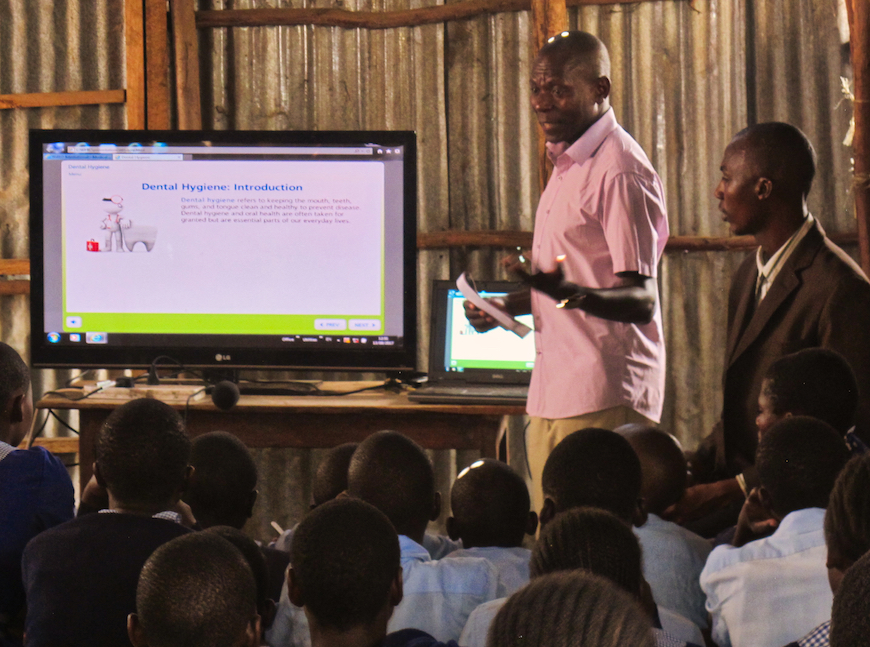Archived story. Original version is here.
The World Health Organization states that a strong health force is needed to deliver primary health care to people living in low-resource areas of the world. The current critical shortfall of doctors and nurses can be filled by community health workers (CHWs) — when they are properly trained.
WiRED’s CHW curriculum includes training in basic health issues, prevention techniques, taking vital signs, first aid and other health-related skills. Further, it includes WHO-recommended topics such as health surveillance and communication competencies.
CHWs also serve a critical role as health teachers, and accordingly, WiRED has developed a two-part module on how CHWs can effectively teach community members about health issues. These include routine instruction on such topics as diet, exercise, sanitation, sign and symptom recognition, and urgent instruction on outbreaks, such as Ebola and Zika, to minimize the impact of disease on the population.
WiRED’s development team has just completed a two-part health education module showing CHWs how to instruct their communities on disease and health topics. This two-part module will teach CHWs how to design, prepare and deliver a variety of health education presentations to individuals and to groups. This training will enable CHWs to help people prevent illness, recognize the signs and symptoms of illnesses and understand medical treatments.
Part 1 will examine the role and characteristics of an effective CHW educator, basic teaching principles, effective teaching strategies for groups and individuals, how to prepare for a teaching session and how to deliver an effective presentation. Part 2 introduces CHWs to the array of WiRED’s 400+ interactive modules, how to access and download them and how CHWs specifically can use and present the materials as central training tools in their work with groups or individuals.
WiRED’s program will supply CHWs with the knowledge and confidence they need to empower people to learn about health basics, not only to combat their everyday illnesses, but also to deal swiftly with disease outbreaks when they occur.


